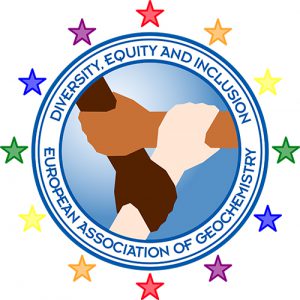
2022 Global Geochemistry Survey – The Results Are In…
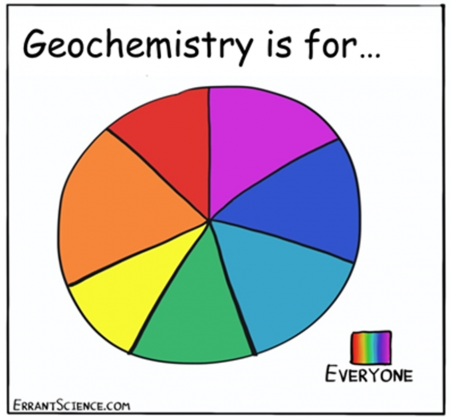
Geochemists work on diverse, societally relevant environmental challenges and drive fundamental understanding concerning Earth’s evolution and Solar System history. To develop creative, innovative approaches to solve these challenges, make important discoveries, and optimise productivity, it is essential to attract and retain a diverse workforce. But just how diverse are we, as a geochemistry community? And is anything getting in the way of recruiting, supporting, retaining and progressing the very best talent?
Global Geochemistry Survey goals
1. To understand the community composition and experiences of geochemists
2. To investigate barriers to diversity and inclusion in geochemistry
Respondents
Of the 1560 respondents to the 2022 Global Geochemistry Community survey, 75% are members of one or both Societies. The geographical distribution of respondents is similar to the members (see Table below).
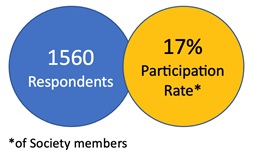

Survey methodologies are well-established approaches to studying communities, and care was taken to share the survey widely whilst adhering to international data protection law and ethics of data collection. Because responding to such a survey is optional, findings are not representative of Society membership, or of global geochemists as a whole.
Nevertheless, these data provide the first ever constraints and insights for the geochemistry community. They include descriptions of the community’s demographics, career experiences, work-life balance, access/support of needs, and experiences of exclusionary behaviours.
The survey results could be scrutinised further to provide additional insights into the diversity of the geochemistry community, for example, investigating the relationship between community diversity and seniority. The data also provide a reference frame with which results of proposed future 5-yearly surveys can be compared.
First of all, we would like to celebrate that our overall geochemistry community is very diverse with respect to, e.g., country of origin, language, ethnicity, gender and gender identity, sexuality, disability and much more!
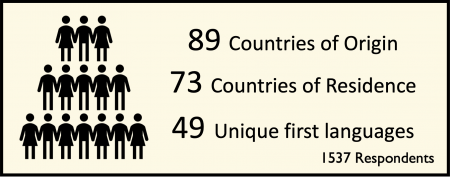
Key Finding: High Prevalence of Exclusionary Behaviours
On the other hand, the survey highlights that many in geochemistry have reported experiencing exclusionary behaviors. For example, 40% of survey respondents reported that they have felt unsafe, threatened or undermined in professional settings.
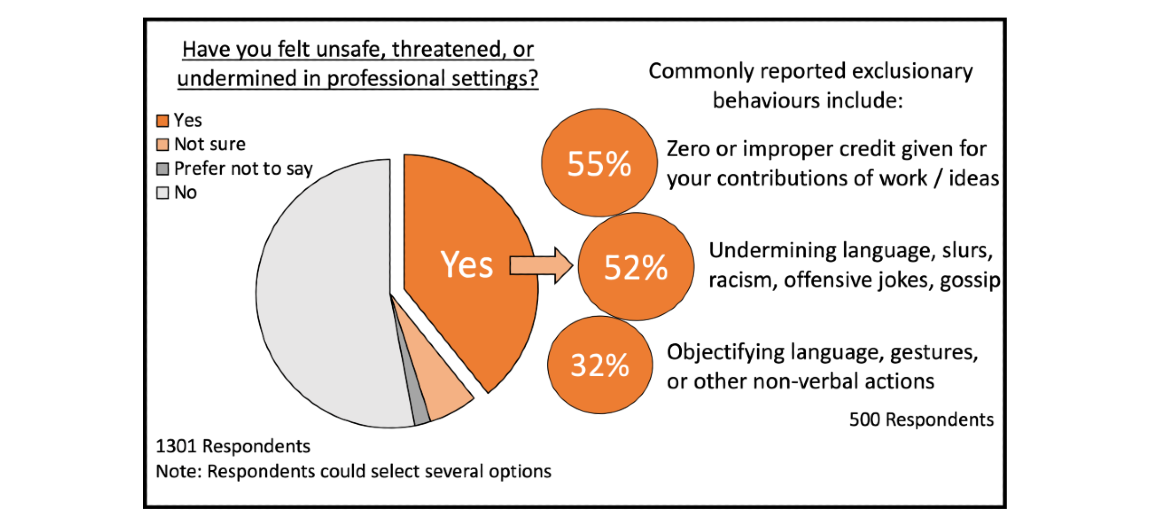
In comparison, other studies have shown that the incidence of harassment and discrimination varies from 20% to >50% of women respondents depending on the definition used [Porter et al., 2022, NAS 2018]. Scientists from under-represented groups (including people of colour, women and gender diverse individuals, those with a disability, and those who identify as LGBTQIA+) may more frequently experience harassment and discrimination [NAS 2018; Marin-Spiotta et al., 2023]. For example, in a recent survey, 18% of LGBTQIA+ respondents experienced exclusionary behaviour, compared to 10% of non-LGBTQIA+ respondents [IoP, RAS and RSC, 2019].
Next Steps?
All of us at the EAG and GS are individuals, limited by our own lived experiences, so we need your help to decide on our next steps. We are specifically interested in what you think the Societies can do about the prevalence of exclusionary behaviours in geochemistry…
Read the Full Report and suggest actions!
Finally, we are deeply grateful to all those who responded to this first survey of our international community. All engagement and contributions are valued and assist in united, cooperative efforts to improve geochemistry. Thank you!

